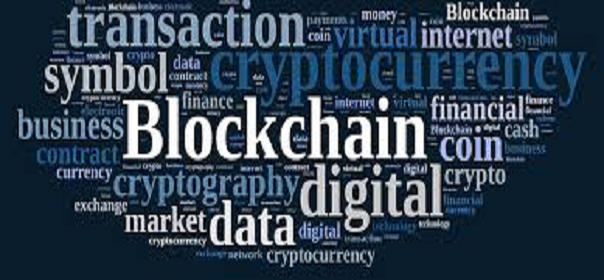Blockchain technology is at the heart of cryptocurrencies like Bitcoin. Most people have heard of Bitcoin and some are excited by the prospect it raises of a decentralised, stateless currency/payment system. But this is not the most interesting thing about Bitcoin. It is the blockchain technology itself that is the real breakthrough. It not only provides the foundation for a currency and payment system; it also provides the foundation for new ways of organising and managing basic social relationships. This includes legal relationships such as those involved in contractual exchange and proprietary ownership.
Blockchain technology
The blockchain is a distributed, publicly verifiable and encrypted ledger used for recording and updating transactional data. It helps to solve the trust problem associated with most forms of social cooperation and coordination by obviating the need for trusted third parties. The technology is exciting because it can be used to manage and maintain networks of smart devices. As such devices become more and more widespread, there is the potential for blockchain technology to become pervasive.
Smart Contracts powered by Blockchain
The really interesting thing about blockchain technology is how it can be used to manage and maintain other kinds of transactional data. In essence, the blockchain is a decentralised database that can maintain a record of any and all machine-to-machine communications.
A contract is an agreement between two or more people involving conditional commitments, i.e. “If you do X for me, I will do Y for you”. A legal contract makes those conditional commitments legally enforceable. If you fail to do X for me, I can take you to court and have you ordered to do X, or ordered to pay me compensation for failing to do X. A smart contract is effectively the same, only you use some technological infrastructure to ensure that conditions have been met and/or to automatically enforce commitments. This can be done using blockchain technology because the distributed ledger system can be used to confirm whether contractual conditions have been met.
Suppose A is selling a particular good to B. They have agreed that B will pay A X bitcoin if A receive the goods by a particular date. That condition could be built into the initial transaction that is logged on the blockchain platform. In this case, the system will only release the bitcoin to A if the relevant condition is met. How will it know? Well, suppose the goods are of a certain weight and have to be delivered to a certain locker that you use for these purposes. The locker is equipped with a ‘smart’-weighing scales. Once a package of the right weight is delivered to the locker, the weighing scales will broadcast the fact to the network, which then confirms that the relevant contractual condition has been met. This results in the money being released to A.
Notice how the contract here is enforced automatically. B do not have to wait for A to release the bitcoin and B do not have to worry about losing bitcoin and never receiving the goods. The relevant conditions are coded into the original smart contract and once they are met the contract is automatically executed.
Smart Property powered by Blockchain
Smart property is really just a variation on this. Tangible, physical property in the real world (e.g. cars, houses, cookers, fridges etc) can have smart technology embedded in them. Indeed, this is already true for many cars. Information about these physical objects can then be registered on the blockchain along with details of who stands in what type of ownership relationship to those physical objects. Smart keys could then be used to facilitate ownership rights.
Smart Key- So, for example, somebody might only be able to access and use a car if the person had the right smart key stored on his/her phone. The same could be true for a smart-house. These keys can then be exchanged and the exchanges verified using the blockchain. The blockchain thus becomes a system for recording and managing property rights.

